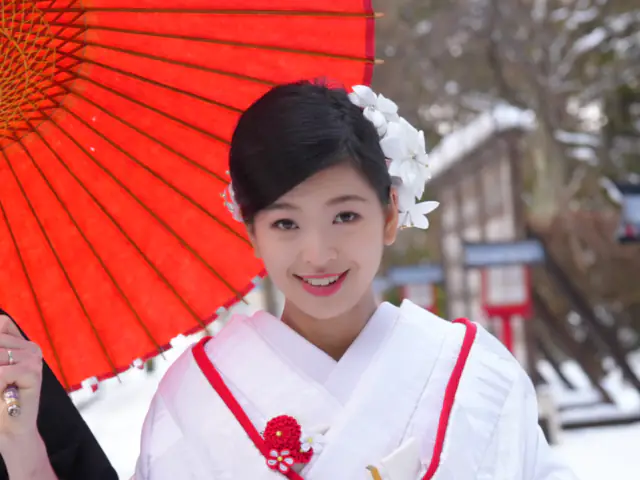
Tammo's enthusiasm for Japanese sports cars gave rise to an interest in the language - and with it grew his fascination for Japan's unique culture and traditions. During his time as a work & holiday traveler and language student, he got to know the country intensively and eventually met Sayaka. After beginning his studies in energy technology, he decided to redirect his focus and founded ENJ in northern Japan to establish sustainable tourism.

Half Kiwi and half Japanese, Sayaka grew up in New Zealand but spent almost every summer in Japan. She later moved back to the country of her ancestors permanently, where she now uses her language skills to build a valuable bridge between cultures. Together with Tammo, she shares the dream of living as sustainably as possible, appreciates quiet moments in nature with birdsong, and enjoying living life full of love & joy.

A modern lifestyle and an awareness of tradition are not mutually exclusive - on the contrary, they can complement each other perfectly. Traditions and customs can be enriched by modern impulses, while original ways of working can be facilitated with technical aids. We are convinced that the combination of modern technology and living tradition leads to the creation of small, independent and at the same time resilient communities. Such places also offer young people new perspectives to see their future in rural regions. In this way, we are helping to combat rural exodus and relieve overcrowded metropolitan areas and overtourism in the cities.

We want future generations to find an intact world - a world in which people do not live in opposition to nature, but in harmony with it. Our aim is to reduce our ecological footprint to the essentials. That is why we are aware of the impact of tourism and are working to offset it. We rely on renewable energies, promote the use of modern, environmentally friendly technologies and reduce waste and non-degradable materials to a minimum. At the same time, we are raising awareness of organic farming so that more people take responsibility for their food and where it comes from.

Our aim is to minimize the negative effects of tourism, offset them or, ideally, prevent the negatives from occurring in the first place. We focus on measures such as reforestation, the use of renewable energies and the active involvement of the local population in a sustainable tourism concept that creates prospects and brings jobs to rural regions. This creates an environment that benefits everyone involved: Travelers experience the local culture in an authentic way, hosts retain their way of life & traditions and can actively contribute to them, and the environment is conserved and protected through conscious travel. We work with small groups, regional partners and sustainable mobility - to conserve resources and facilitate genuine, respectful encounters. Our understanding of tourism is one that not only takes, but also gives back - to people, nature and culture.